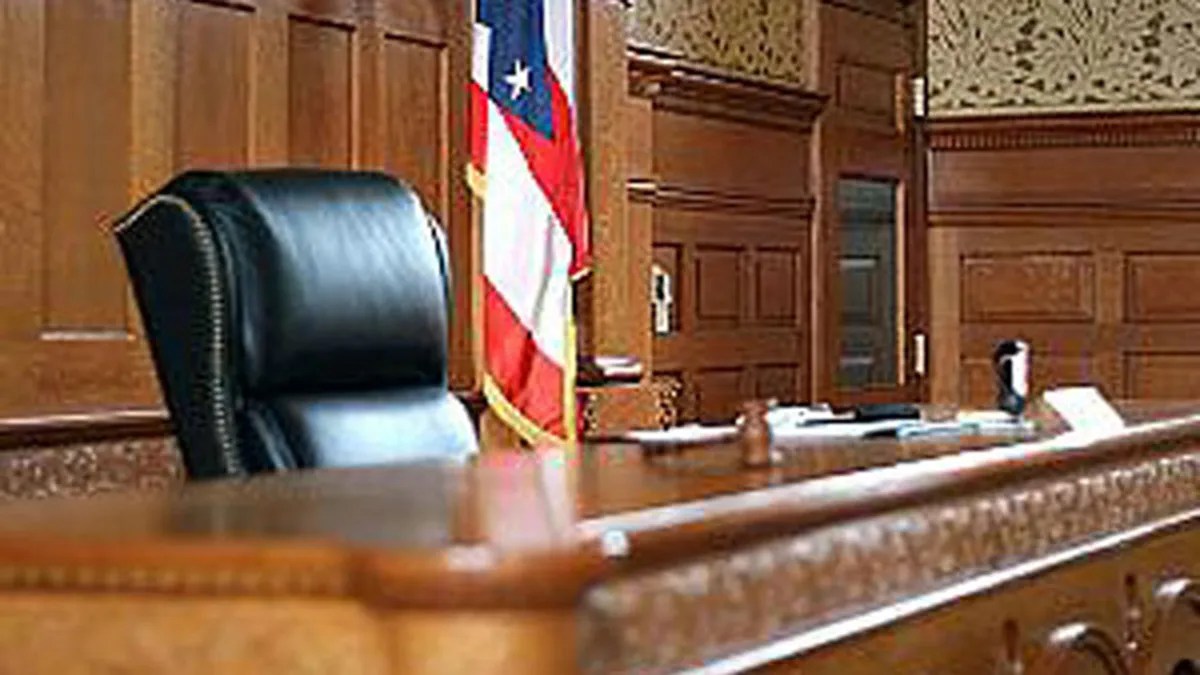Ponzi king Bernard Madoff is spending his time behind bars reading romance novels, working in the prison commissary and considering offers to teach business ethics --remotely -- to college students.
In a Financial Times interview, Madoff says his slide began in 1992, when he began using money from new deposits to pay some returns. "I thought I could do it. I did! I took the money – let’s say I had $1 billion, by then – and I was convinced that when the market straightened out I would be able to cover things," he told the FT.
Madoff is serving a 150-year sentence in a North Carolina prison for operating the largest Ponzi scheme in history.
Madoff also told the paper he was devastated by the suicide of his son Mark, and his wife Ruth and younger son, Andrew, have broken contact with him.
"They feel like I betrayed them. And I did. But I had no choice. By the time I realized, I couldn’t get out," he said.
Madoff said he spends his time jail reading romance novels and is especially fond of Danielle Steel. Four days a week, from 10am to 7pm, he mans the commissary, or prison store.
He also told the paper that "several schools have approached him and asked him to work on ethics course."
According to the Financial Times, Harvard and Northwestern are in his sights.
Meantime, the trustee recovering assets for Madoff investors says $10 billion, or half of the money lost in the years-long scheme, has been recovered.
David Sheehan, attorney for trustee Irving Picard, said that he hopes to hand out the first round of money sometime this year.
In other recent jailhouse interviews, he has said banks and hedge funds "had to know" about his fraud.
Picard declined comment on Madoff's recent public statements.
Local
Picard has filed dozens of lawsuits, including against the Mets owners, to recover lost assets.
Madoff's scheme ensnared thousands of victims, including charities, celebrities and institutional investors. An estimated $20 billion was lost, making it the biggest investment fraud in U.S. history.



